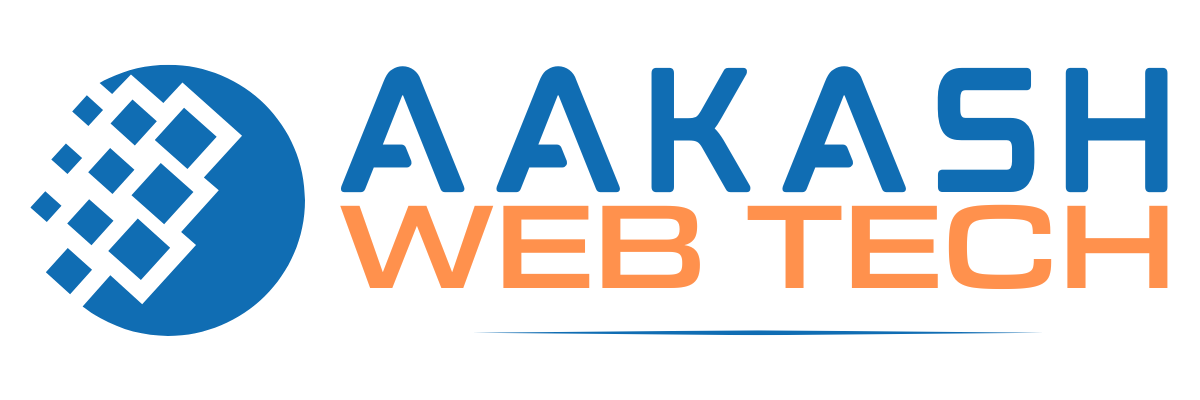In the digital age, having a strong online presence is essential for businesses of all sizes. Small businesses, in particular, need cost-effective, flexible, and scalable web development solutions to compete with larger enterprises. PHP (Hypertext Preprocessor) has emerged as one of the most popular programming languages for web development due to its simplicity, versatility, and affordability. With millions of websites powered by PHP, it has proven to be an ideal choice for small businesses aiming to establish or enhance their digital footprint.
What is PHP?
PHP (Hypertext Preprocessor) is a widely-used, open-source scripting language primarily suited for web development. It is embedded within HTML and works on the server side to generate dynamic web pages. Known for its flexibility and compatibility with various platforms and databases, PHP is used to build everything from small blogs to large-scale web applications. It powers popular content management systems (CMS) such as WordPress, Joomla, and Drupal, making it a go-to choice for many developers.
What is a Small Business?
A small business is typically defined as an independently owned and operated company with a limited number of employees and relatively low revenue compared to larger corporations. Small businesses are crucial to the economy, often characterized by their flexibility, personalized services, and local market focus. They operate with limited budgets, making cost-effective and scalable solutions essential. Examples of small businesses include local retail stores, restaurants, freelancers, and service providers.
Challenges Faced by Small Businesses
- Limited financial resources
- Need for quick market adaptability
- Strong competition from larger enterprises
- Dependence on local markets
- Requirement for cost-effective digital solutions
In such an environment, choosing the right technology stack is critical for survival and growth. PHP has proven to be a reliable and suitable option for small businesses for several compelling reasons.
Why PHP is Ideal for Small Businesses
Cost-Effective Development
PHP is an open-source programming language, meaning there are no licensing fees. This significantly reduces the overall cost of development. Many PHP frameworks and libraries are also open source, further reducing the need for expensive tools or licenses.
Ease of Use and Rapid Development
PHP has a relatively low learning curve and is well-documented, allowing for quick development cycles. Rapid prototyping and iterative development help small businesses adapt to market changes quickly.
Large Community and Support
PHP boasts a vast and active community with abundant resources, forums, and tutorials. The availability of pre-built modules and plugins saves time and effort.
Wide Range of Frameworks
Frameworks like Laravel, CodeIgniter, and Symfony streamline development by providing structure and pre-built modules. Laravel offers features such as routing, authentication, and caching, which simplify complex development tasks.
Integration Capabilities
PHP seamlessly integrates with various databases, APIs, and third-party services. It supports a wide range of databases, including MySQL, PostgreSQL, and SQLite.
Scalability
PHP applications can scale efficiently, handling increased traffic and data. Websites built with PHP can leverage caching mechanisms and load balancers.
Security
Modern PHP frameworks include built-in security features to protect against vulnerabilities like SQL injection and XSS. Regular updates and a vigilant community ensure that security patches are promptly available.
Extensive Hosting Options
PHP is compatible with most web hosting services, including budget-friendly shared hosting. Cloud hosting options, such as AWS and DigitalOcean, support PHP applications.
E-commerce Capabilities
PHP powers popular e-commerce platforms like WooCommerce, Magento, and OpenCart. With PHP, small businesses can set up online stores with payment gateways and inventory management.
Flexibility and Customization
PHP allows developers to create custom functionalities tailored to specific business needs. Small businesses can differentiate themselves by offering unique digital experiences.
Many successful businesses started small and relied on PHP during their early stages. Platforms like Facebook initially used PHP for rapid development. Similarly, countless small e-commerce sites, blogs, and service websites leverage PHP for its simplicity and cost-effectiveness.
Conclusion
For small businesses seeking affordable, flexible, and scalable web development solutions, PHP stands out as a reliable choice. Its cost-effectiveness, vast community support, and ease of integration make it well-suited for businesses aiming to establish or expand their digital footprint without compromising on quality or performance. As small businesses evolve, PHP continues to provide the tools necessary to scale, adapt, and thrive in a competitive digital landscape.

